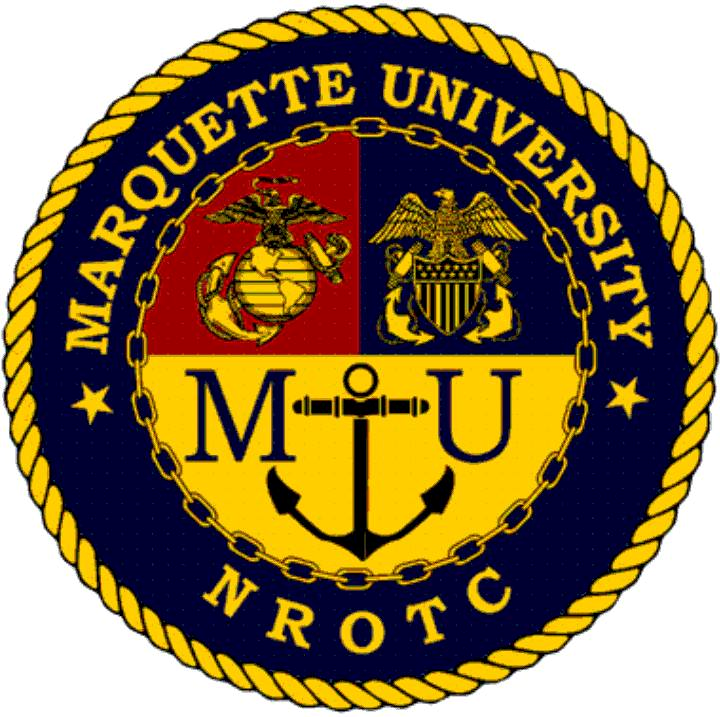a. Citizenship: U.S.-born or naturalized citizen
b. Age: not less than 17 years of age by September 1 of the year starting college and no more than 23 years of age on 30 June of that year
(1) Must not reach their 27th birthday by December 31 of the year in
which graduation and commissioning are anticipated.
(2) Applicants with prior military service may be eligible for
age adjustments equal to their prior service, on a month-by-
month basis, for a maximum of 36 months, provided they do not
reach their 30th birthday by December 31 of the year graduation
and commissioning are anticipated.
c. Education: must have a high school diploma or equivalency certificate by August 1 of the year of entrance into the four-year scholarship program
d. Academic: Applicants must achieve the following qualifying scores on the Scholastic Aptitude Test (SAT), American College Test (ACT), or meet the following requirements:
(1) Navy/Navy Nurse: Applicants must have BOTH the minimum individual scores in the SAT/ACT Math and Verbal and a minimum Combined (Math plus Verbal) score in order to be eligible to apply for the scholarship.
(a) SAT: 550 Verbal/Critical Reading; 540 Math AND 1100 combined (Math plus Critical Reading or Evidence Based Reading and Writing)
(b) ACT: 22 Verbal; 21 Math AND 44 combined (Math plus English)
(c) For application purposes, NSTC will evaluate candidates
based on the highest score in each individual category
if the applicant elects to take these tests multiple
times.
(2) Marine:
(a) SAT: 1000 Composite (Math and Critical Reading only)
(b) ACT: 22 Composite
(c) Armed Forces Qualification Test (AFQT): 74
(d) Scores will be taken from the MOST RECENT test only. Applicants cannot combine best scores from multiple tests.
e. Physical. This is not required during the selection process; however, the applicant must be certified as physically qualified for naval service before the scholarship can be activated.
Note: Candidates must meet height and weight standards in accordance with OPNAVINST 6110.1 in order to be considered eligible for the NROTC Program. An applicant that is out of standards must be addressed in the Officer Interview.
f. Conscientious Objector. No moral obligations or personal convictions that prevent conscientious bearing of arms and supporting and defending the Constitution of the United States against all enemies, foreign and domestic.
g. Admission to a college/university with an NROTC unit. This is not required during the selection process, but notification of admission must be received before the scholarship can be activated.
h. Nurse Option. Applicants with Nurse Option must gain admission to a university that has a NROTC affiliation and offers a state approved or National League of Nursing (NLN) approved bachelor’s degree in nursing.




